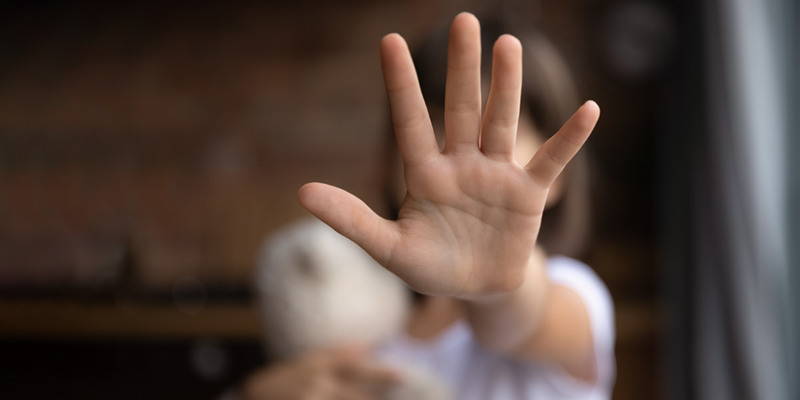
Cass Report highlights major risks posed by conversion therapy law
A landmark independent report for the NHS into gender services for children has warned of the serious risks of legislating against ‘conversion therapy’.
The Cass Report is clear that a new law in this area could have a profound impact on vital support for children struggling with their gender.
In autumn 2020, NHS England commissioned a review into health services for gender-questioning children. The review was to be led by eminent paediatrician Dr Hilary Cass. The final Report was published earlier this week.
The report has been widely welcomed. It concludes that treating these children with trans drugs is “based on remarkably weak evidence”. It is hoped it signals the end for ideologically-driven medicalisation of vulnerable children and adults.
Speaking to The Guardian, Dr Cass said she had been “really clear with the Government that any legislation would have to take inordinate care to not make workforce problems worse than they are”.
She is clear that a ‘conversion therapy’ law could open the door to wrongful accusations against medical professionals if “they take a cautious or exploratory approach”.
Clinicians working in this area are already afraid of “what colleagues might say if they speak up and express an opinion that is not consistent with theirs”, says Dr Cass. This would be greatly exacerbated were a new law to be introduced. She explained: “all I can say is you absolutely have to avoid anything that’s going to frighten people more”.
The Cass Report is limited to the medical sphere, so it doesn’t speak about the threat of a conversion therapy law on churches. But the similarities are striking. Outside the medical sphere, many are also afraid of the accusations they could receive if they take an approach that differs from that of some activists.
Clinicians are understandably afraid of people retrospectively deciding that the treatment they received really amounted to ‘conversion therapy’. So too are those in churches across the UK, who worry that prayers and pastoral conversations in line with the Bible could later be used against them. Already, it is not uncommon for those who once attended a church to later change their mind and speak ill of those they had attended church with.
Under a conversion therapy law, some who now describe themselves as LGBT but had formerly attended churches with orthodox beliefs would be likely to bring spurious accusations. This seems particularly likely as some of those campaigning for a new law already fall into that category. They actively campaign for prayer, pastoral care and Christian parenting to be made a criminal offence in certain circumstances.
Independent legal advice commissioned by The Christian Institute is clear that legislation in this area would do just that; and in so doing, breach the European Convention on Human Rights.
The Government should listen to Cass. New legislation would undoubtedly have a chilling effect. And genuine abuse is already illegal – there is no need for a Bill designed primarily to send a signal.
It would give the impression that those who are do not take the activists’ approach to sex and gender are on the wrong side of the law. That would have all sorts of unintended consequences. Yes, for clinicians, but for everyone else too.
Sex Matters responds to Stonewall’s ludicrous “conversion” claims
2025-05-14 07:17:58
